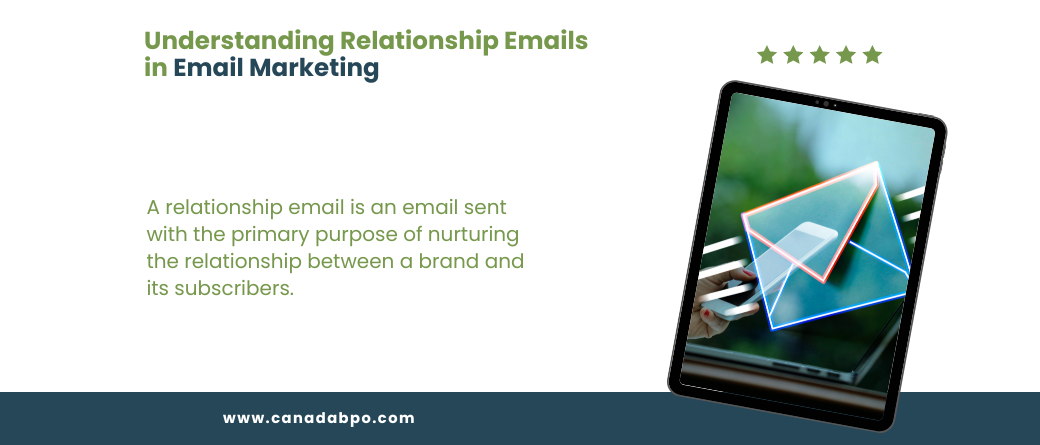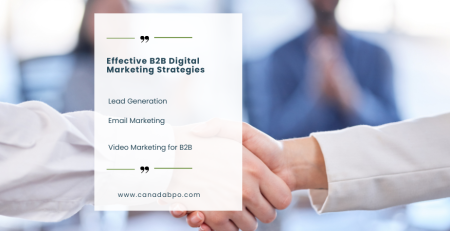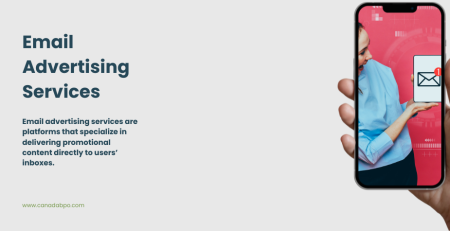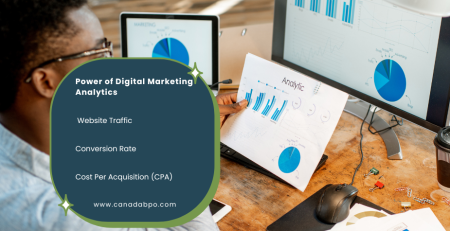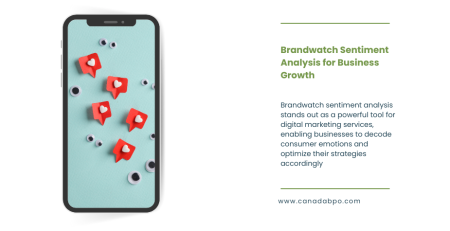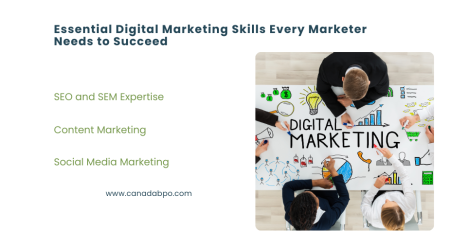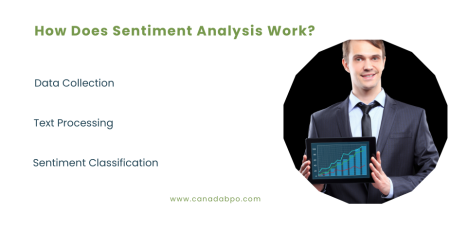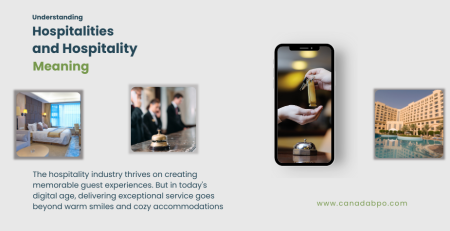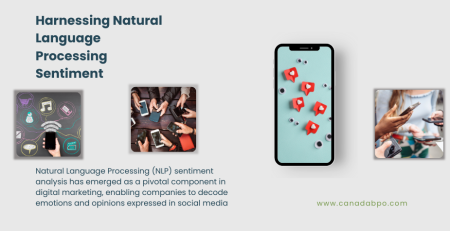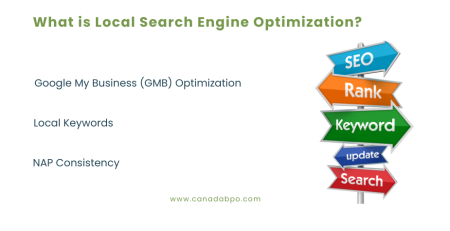Email marketing remains one of the most effective tools for businesses to connect with their audiences, build trust, and drive conversions. But what exactly is an email campaign, and how do relationship emails fit into the bigger picture of email marketing? In this blog, we’ll break down the concept of an email campaign and explore the role of relationship emails in building long-term connections with your subscribers.
What is an Email Campaign?
An email campaign is a coordinated series of email messages sent to a specific group of recipients with a common goal or purpose. These campaigns can serve many purposes, such as promoting a product, driving traffic to a website, or nurturing relationships with potential customers. Email campaigns are often designed with specific timing and frequency in mind, ensuring that the right message reaches the right person at the right time.
Types of Email Campaigns:
- Promotional Emails: These are designed to drive sales by promoting specific products, services, discounts, or limited-time offers. Promotional emails aim to prompt immediate action, such as making a purchase or signing up for a webinar.
- Welcome Emails: Often the first communication a subscriber receives, welcome emails set the tone for the relationship. They provide an introduction to your brand and can help guide new subscribers through your offerings.
- Newsletter Emails: Sent on a regular basis, newsletters share valuable content such as blog posts, company updates, industry news, and more. The goal is to keep subscribers engaged and informed.
- Abandoned Cart Emails: These emails target users who have added items to their shopping cart but left the website before completing the purchase. They serve as a reminder, often accompanied by incentives like discounts to encourage completion of the sale.
- Event Invitation Emails: Designed to promote webinars, conferences, workshops, or in-person events, these emails drive awareness and encourage registration.
- Relationship Emails: This brings us to the topic of relationship emails—a critical part of maintaining long-term connections with your audience.
In Email Marketing, What is a Relationship Email?
A relationship email is an email sent with the primary purpose of nurturing the relationship between a brand and its subscribers. Unlike promotional emails that focus on immediate sales, relationship emails aim to build trust, engagement, and loyalty by offering value without the hard sell. These emails are designed to provide helpful information, show appreciation, or simply keep the recipient informed about updates and events that might interest them.
Relationship emails are crucial for maintaining a strong, lasting connection with your audience. They foster a sense of loyalty and keep your brand top of mind without being overly pushy. When done right, relationship emails can turn casual subscribers into long-term customers and brand advocates.
Key Characteristics of Relationship Emails:
- Personalization: Relationship emails often include personalized content based on the subscriber’s behavior, preferences, or purchase history. For example, birthday emails or recommendations based on previous purchases.
- Engagement-Oriented: The primary goal is to engage the recipient, whether it’s through helpful tips, educational content, or a simple “thank you” message. The focus is on creating value for the subscriber.
- Non-Promotional: While relationship emails may occasionally include soft calls to action, the main purpose is not to sell but to connect and engage.
- Consistency: Relationship emails are often part of an ongoing communication strategy. Whether it’s weekly, monthly, or quarterly, consistency is key to nurturing the relationship over time.
Examples of Relationship Emails
- Thank You Emails: After a customer makes a purchase or attends an event, a thank you email shows appreciation. It reinforces the positive experience and can include a note about how much you value their business.
Example: “Thank you for attending our recent webinar! We hope you found the information helpful. Here’s a link to the recording in case you missed anything.” - Educational Emails: Provide subscribers with valuable insights or helpful tips that relate to their interests or past behavior. Educational content positions your brand as an expert and helps build trust over time.
Example: “Here’s a free guide to optimizing your digital marketing strategy in 2024. Stay ahead of the competition with these industry insights.” - Feedback Request Emails: Asking for feedback or reviews after a purchase or interaction shows that you care about the customer’s opinion. These emails build trust and provide valuable data for improving your products or services.
Example: “We’d love to hear your thoughts on your recent purchase. Your feedback helps us improve our service.” - Re-Engagement Emails: If a subscriber hasn’t opened your emails or engaged with your brand for a while, a re-engagement email can rekindle the relationship by offering something of value.
Example: “We’ve missed you! Here’s a special 20% off coupon to welcome you back.” - Anniversary or Milestone Emails: Celebrate milestones like a subscriber’s first anniversary with your brand, or mark the occasion of their 100th purchase. These emails make subscribers feel appreciated and valued.
Example: “Happy 1st anniversary with us! We’re thrilled to have you in our community. Here’s a special gift just for you.”
Why Relationship Emails Matter
Building strong relationships with your audience is essential for long-term success in email marketing. Relationship emails help you maintain regular communication with subscribers, showing them that you care about more than just sales. Here’s why relationship emails are important:
- Boosts Customer Retention: By nurturing your relationship with subscribers, you’re more likely to retain them as long-term customers. Relationship emails help keep your brand top of mind, leading to repeat purchases and ongoing engagement.
- Increases Brand Loyalty: When subscribers feel like they have a genuine relationship with your brand, they are more likely to remain loyal. By offering value beyond just products or services, you create a lasting bond that can result in customer loyalty.
- Encourages Word-of-Mouth Marketing: Satisfied customers are more likely to recommend your brand to friends and family. Relationship emails that show appreciation and offer valuable content can prompt subscribers to share their positive experiences with others.
- Improves Engagement Rates: Relationship emails tend to have higher open and click-through rates because they are focused on providing value to the subscriber. These emails feel more personalized and relevant, encouraging subscribers to engage with your content.
How to Create Effective Relationship Emails
- Personalize the Content: Use the recipient’s name, tailor content based on their preferences or behaviors, and include personalized recommendations.
- Keep it Conversational: Relationship emails should feel friendly and approachable. Use a conversational tone that makes recipients feel like they’re receiving a message from a trusted friend or colleague.
- Focus on Value: Offer something useful, whether it’s a helpful tip, an informative article, or just a simple thank you. The goal is to engage, not sell.
- Be Consistent: Relationship emails are not one-time messages. They should be part of an ongoing communication strategy that consistently nurtures the relationship over time.
- Include a Soft Call-to-Action: While relationship emails shouldn’t focus on making a sale, it’s okay to include a subtle call-to-action (CTA). For example, you might include a link to a relevant blog post or invite them to follow your social media channels.
In the world of email marketing, relationship emails play a pivotal role in fostering long-term connections with your subscribers. While promotional campaigns are important for driving immediate results, relationship emails build trust, engagement, and loyalty, ensuring that your audience remains connected to your brand over time.
An email campaign is more than just sending promotions—it’s about creating a meaningful connection with your subscribers. At Canada BPO Services, we specialize in creating email marketing strategies that blend both relationship-building and high-performance campaigns. Let us help you craft a strategy that keeps your audience engaged and loyal for the long haul.
